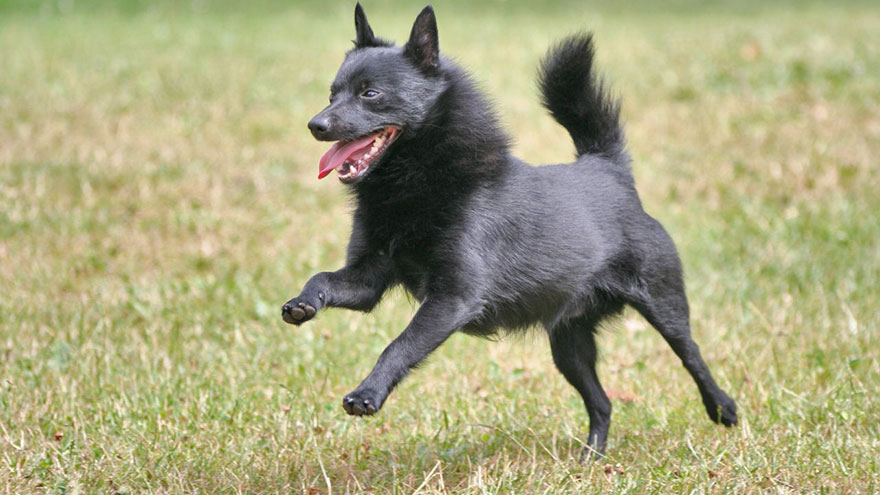Owning A Schipperke : Breeder Recommendations
If you are looking for a dog that is active and intelligent, you may want to consider a Schipperke. In addition, if you want a good watchdog that can also be a great companion, the Schipperke might be for you.
This breed, with roots in Belgium, has become a favorite for many families. A working dog for most of its history, the Schipperke has been used as a shepherd and most often, as a watchdog and rat hunter on boats.
Things to Know Before Getting A Schipperke
For the most part, the Schipperke is a very healthy breed and is not prone to many of the diseases that affect other purebred dogs. Some Schipperkes can develop hip dysplasia, a degenerative joint disease, or progressive retinal atrophy, a condition that may lead to blindness.
Overall, the Schipperke does not present unusual health problems. The best approach for a prospective owner is to read as much as possible about the breed and learn as much as possible by asking many questions.
We recommend visiting at least three top breeders so that you will have the opportunity to compare living conditions and the methods used to raise and socialize young dogs. Ask to see both breeding parents and be sure to watch closely to see how the breeder interacts with the dogs.
Many owners experienced with Schipperkes will say that the key in getting a healthy dog is to avoid buying from someone who cannot provide all the family history and health information you need.
This may mean avoiding some retail outlets and backyard breeders. You will have many questions to ask when talking to various breeders. For instance, how long they have been breeding and selling Schipperkes, as well as any specific health problems has the breeder experienced with this dog.

You should also find out if you could have references, ask about foods the Schipperke eats, and perhaps any health problems have you seen that are connected with diet.
The Schipperke has not reached a high level of popularity compared to the Collie, Poodle, German Shepherd, and other breeds. This means that over-breeding is not as much of a problem with Schipperkes as it may be with other breeds. However, if you are looking for a new family pet and are considering the Schipperke, it may still be best to work only with a reputable breeder or a rescue/adoption group that is well known.
Getting your Schipperke from a rescue organization will present challenges that are quite different from those faced with a puppy. Dogs from rescue/adoption sources are generally older dogs that have some established habits and traits that the new owner may find frustrating. Some of these habits may be unacceptable in the new home.
On the other hand, many of the dogs from rescue organizations are well behaved, housetrained, and excited to have a new home. Most of these dogs need only a place where they are treated well and given the love they deserve.
There are different types of rescue groups and rescue sources. Some have complete facilities for housing dogs. Other groups do not have the facilities and work as referral agencies that find homes for dogs. Some organizations have experts on staff that will be able to answer most of your questions. Just about all good rescue/adoption organizations will have experienced owners involved who can be a great help to someone looking for a new pet.
If you consider getting your Schipperke from a rescue organization, be prepared to abide by the rules and guidelines set for adoption. Most of these groups have only the best interests of the dog in mind when they ask questions.
Some may even want to visit your home to see that the living conditions and treatment of the dog are correct. In any case, make sure that the dogs from the rescue source are healthy, clean, and ready to move to your new home. Keep in mind that getting a dog from a rescue organization or a top breeder means asking questions and being prepared.
Read More About Schipperke

